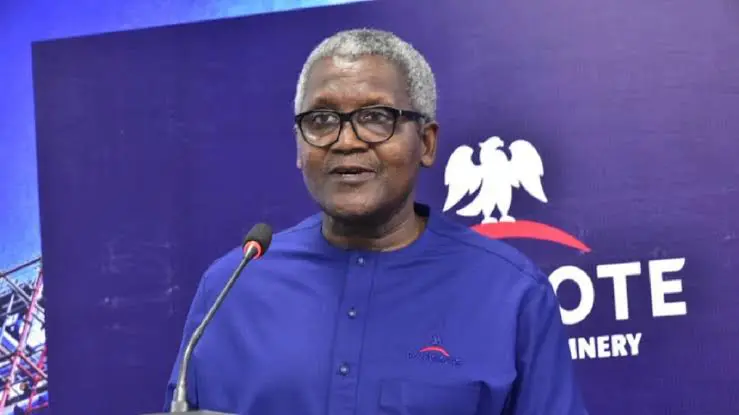The Director-General of the World Trade Organization, Ngozi Okonjo-Iweala, has explained that the coronavirus pandemic has taught the world how important global value chains have become for job creation and inclusion.
According to The PUNCH, she stated this at the ongoing World Bank/International Monetary Fund Spring meetings in Washington DC.
She noted that the distribution of the COVID-19 vaccine provided valuable information into how the global supply chain may be reorganized to create more equitable employment opportunities in poor countries.
She claims that global value chains underpin international commerce. They account for between 45 and 55 percent of global trade. They aid people by expanding opportunities for employment and financial success.
“Actually, studies have shown that when you have global value chains spreading, per capita incomes go up.
“During the pandemic, when we had to deal with vaccines, we had these meetings with the CEOs of the vaccine manufacturers, Pfizer, Moderna, and so on. And what they said; the mRNA vaccine, the Pfizer one is spread over 19 countries.
She said it was astonishing how much of a force they might be for creating jobs and employment after revealing that the supply chain now spans 19 nations and production occurs at 86 sites.
She stated that she sees them as a force for inclusion.
Okonjo-Iweala argued that the world should go beyond China and India/Indonesia to expand global value chains in order to help drive employment and inclusion.
She proclaimed that now is the moment to promote global supply chains to spread to more developing countries as a force to integrate even SMEs and women into the value chains since they are striving to build resilience by not being concentrated in one country or the other.
“Let’s not just talk about China plus one when we’re thinking of diversification of supply chains, when they say plus one, it means Indonesia or India. Let’s talk about China plus Morocco, China plus India, China plus Nigeria, China plus Senegal, China plus Bangladesh, China plus Brazil, Costa Rica.
“With this kind of approach global value chains can really be a force for inclusion.”










